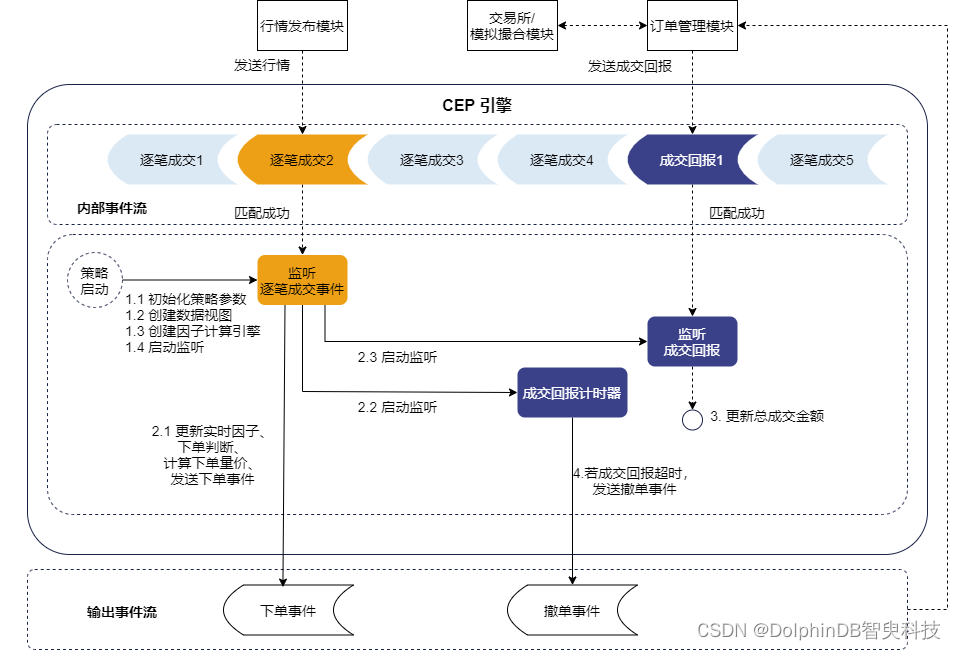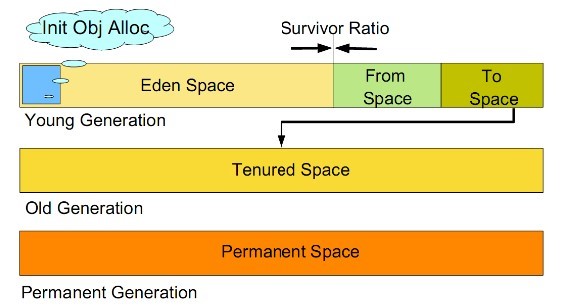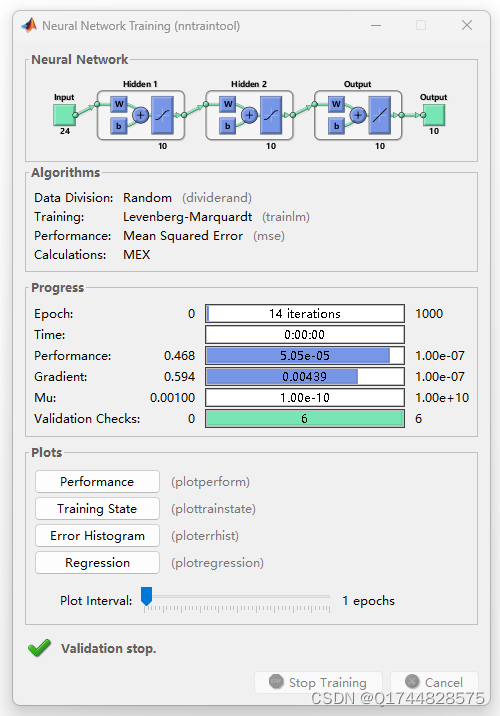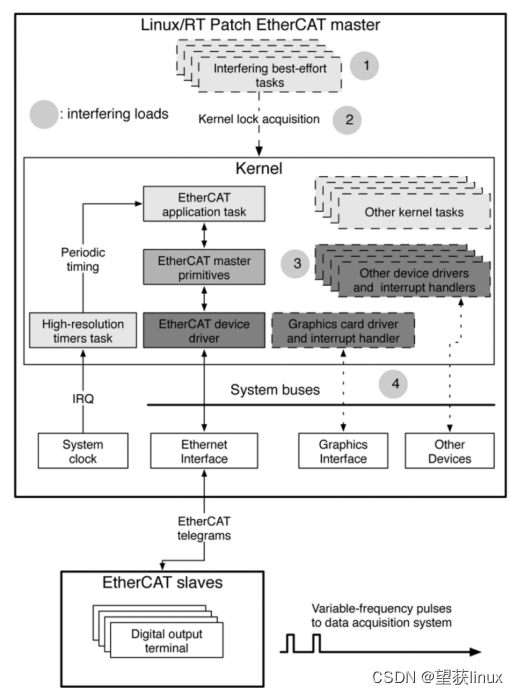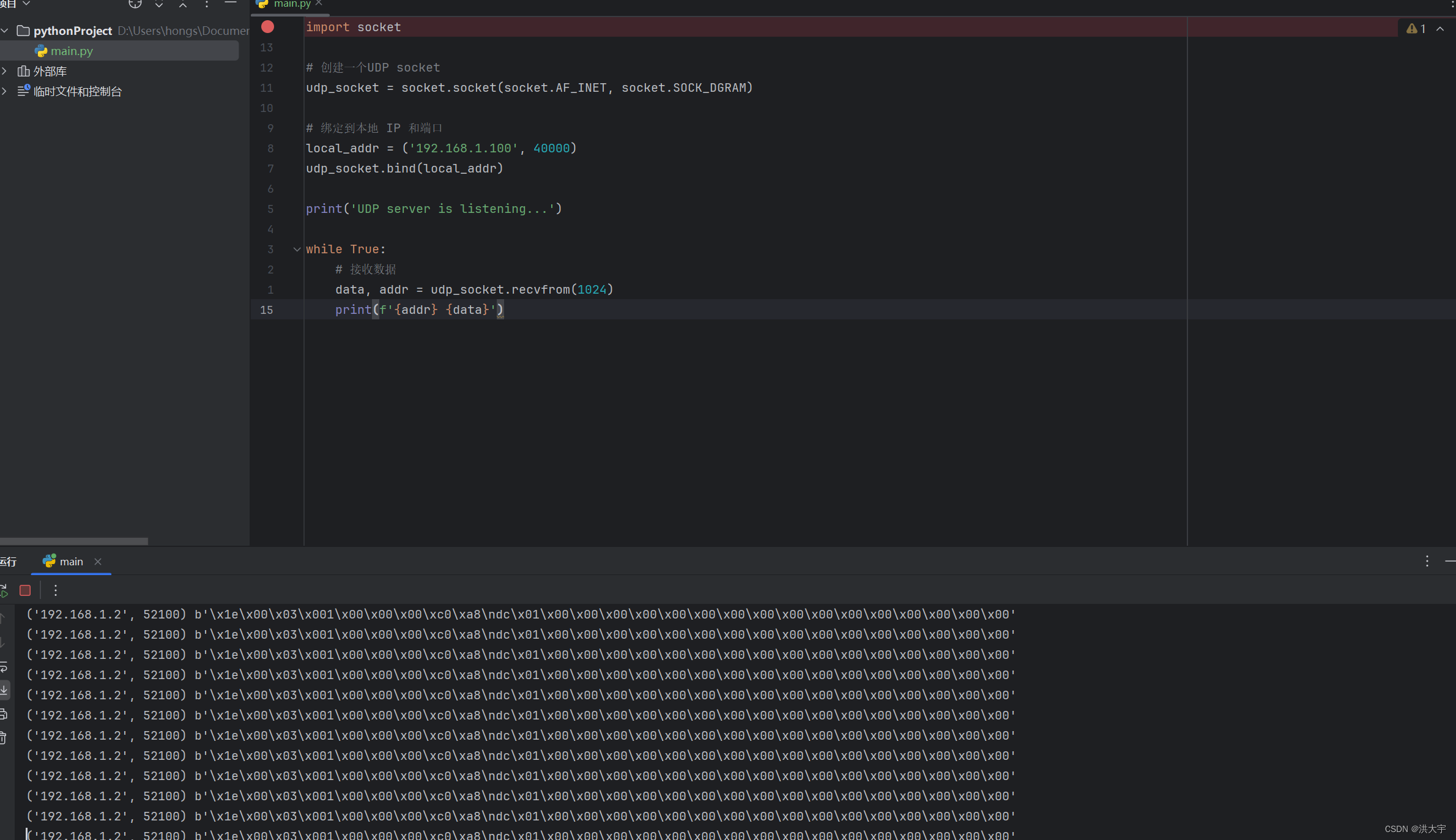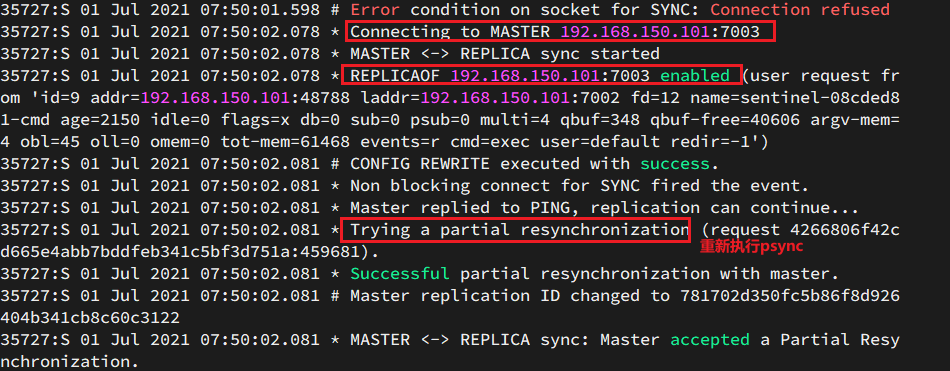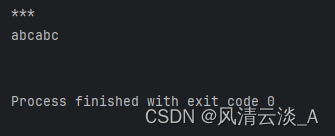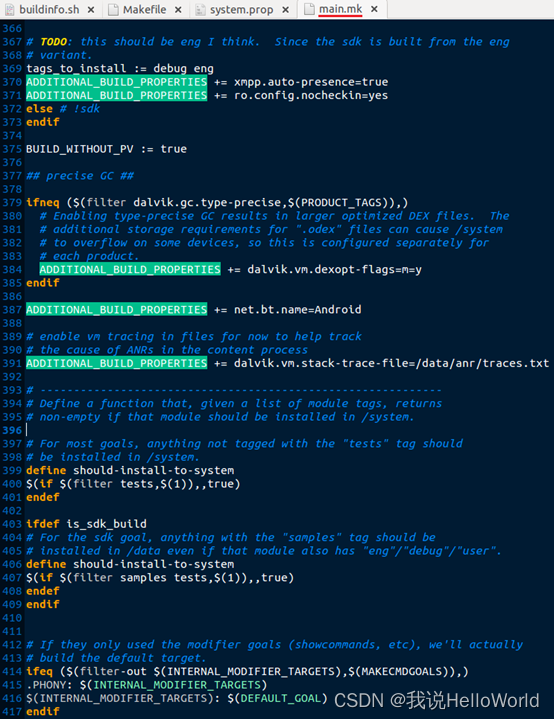文章目录
- 一、红黑树
- 1.1红黑树的规则:
- 1.2红黑树的插入操作
- 1.2.1不需要旋转(如果叔叔存在且为红,这里的C表示孩子,P表示父亲,U表示叔叔,G表示祖父),包含四种情况,无论孩子在哪里,都是只需要改变叔叔和父亲的颜色为黑,祖父为红,然后向上继续走,C = G
- 1.2.2需要旋转(左旋,右旋,左右双旋,右左双旋),叔叔不存在或者为黑
- 1.2红黑树的插入代码
- 1.3红黑树的整体框架
- 二、map、set的底层封装
- 2.1set的底层封装
- 2.2map的底层封装
- 2.3红黑树的底层封装
一、红黑树
相较于前面的AVL树,红黑树的优势是:旋转次数减少,效率提高了,同时还保留了AVL树的查找优势
1.1红黑树的规则:
1.每个节点不是红色就是黑色
2.红色节点的孩子一定是黑色节点
3.不能有连续的红色节点
4.每条路径(走到空为止)上的黑色节点数量相同
5.最短路径<=最长路径<=2最短路径(当某条路径只有黑色节点,而另一条路径红色节点数量和黑色节点相同,那么最长路径就是最短路路径的两倍)
1.2红黑树的插入操作
1.2.1不需要旋转(如果叔叔存在且为红,这里的C表示孩子,P表示父亲,U表示叔叔,G表示祖父),包含四种情况,无论孩子在哪里,都是只需要改变叔叔和父亲的颜色为黑,祖父为红,然后向上继续走,C = G
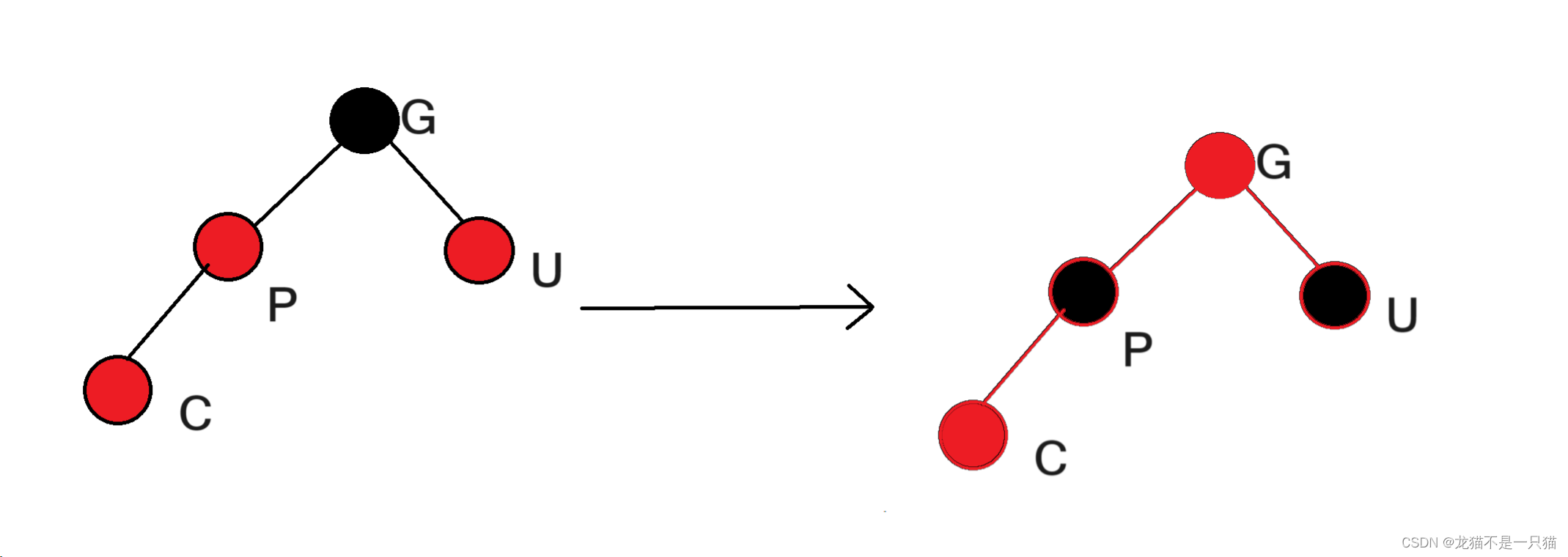
1.2.2需要旋转(左旋,右旋,左右双旋,右左双旋),叔叔不存在或者为黑
右旋的情况(这里省略了C,P,U所连的节点)
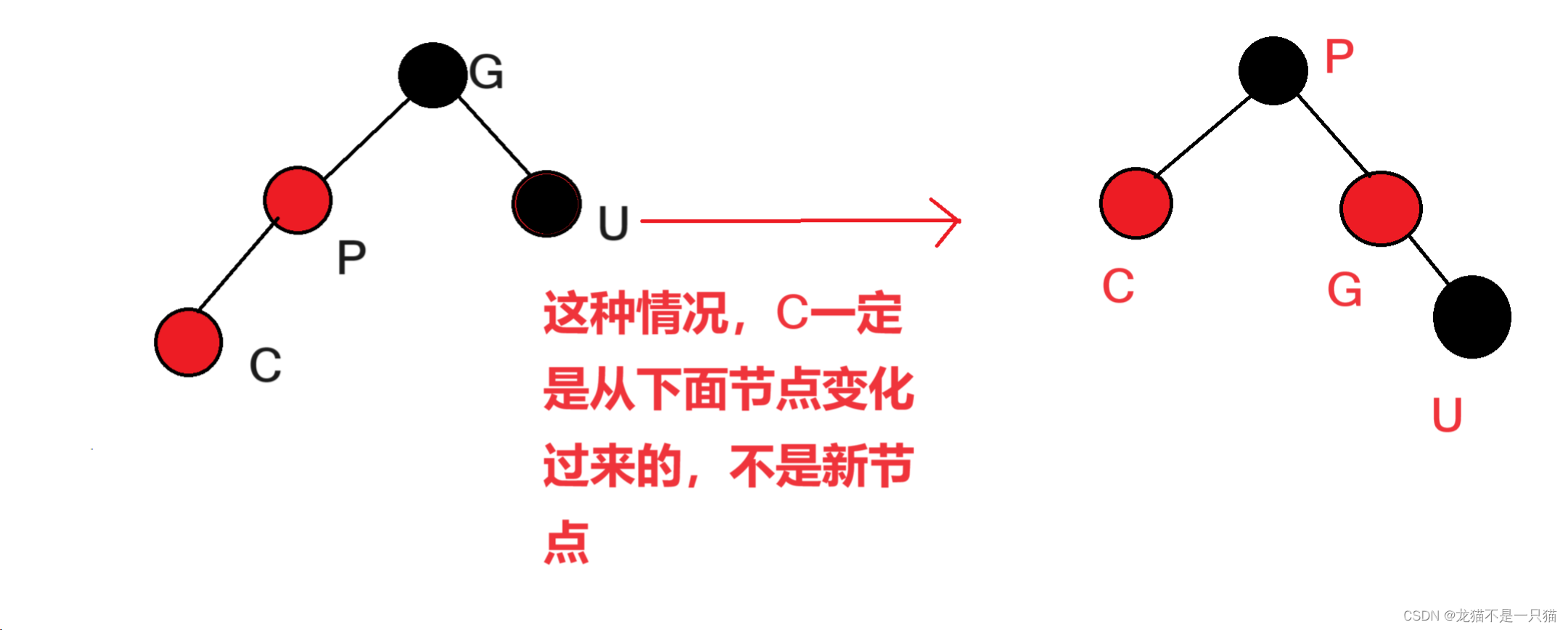
左右双旋的情况(这里省略了C,P,U所连的节点)

下面两种情况省略
1.2红黑树的插入代码
bool Insert(const pair<K, V>& data)
{
if (_root == nullptr)
{
_root = new Node(data);
_root->_col = BLACK;
return true;
}
Node* cur = _root;
Node* parent = nullptr;
while (cur)
{
if (data.first > cur->_data.first)
{
parent = cur;
cur = cur->_right;
}
else if (data.first < cur->_data.first)
{
parent = cur;
cur = cur->_left;
}
else
return false;
}
cur = new Node(data);
if (parent->_data.first > cur->_data.first)
parent->_left = cur;
else
parent->_right = cur;
cur->_parent = parent;
//判断父亲是否为红,为黑就不管
while (parent && parent->_col == RED)
{
Node* grandfather = parent->_parent;
if (parent == grandfather->_left)
{
Node* uncle = grandfather->_right;
if (uncle && uncle->_col == RED)//叔叔存在且为红
{
uncle->_col = parent->_col = BLACK;
grandfather->_col = RED;
cur = grandfather;//继续向上处理
parent = cur->_parent;
}
else
{
if (cur == parent->_left)
{
//叔叔为黑或者叔叔不存在
RotateR(grandfather);
parent->_col = BLACK;
grandfather->_col = RED;
}
else
{
RotateL(parent);
RotateR(grandfather);
cur->_col = BLACK;
parent->_col = RED;
}
break;
}
}
else
{
Node* uncle = grandfather->_left;
if (uncle && uncle->_col == RED)
{
uncle->_col = parent->_col = BLACK;
grandfather->_col = RED;
cur = grandfather;//继续向上处理
parent = cur->_parent;
}
else
{
if (cur == parent->_right)
{
RotateL(grandfather);
parent->_col = BLACK;
grandfather->_col = RED;
}
else
{
RotateR(parent);
RotateL(grandfather);
cur->_col = BLACK;
grandfather->_col = RED;
}
break;
}
}
}
_root->_col = BLACK;
return true;
}
void RotateL(Node* parent)
{
Node* subR = parent->_right;
Node* subRL = subR->_left;
parent->_right = subRL;
if (subRL)
subRL->_parent = parent;
Node* ppnode = parent->_parent;
subR->_left = parent;
parent->_parent = subR;
if (ppnode == nullptr)
{
_root = subR;
_root->_parent = nullptr;
}
else
{
if (ppnode->_left == parent)
{
ppnode->_left = subR;
}
else
{
ppnode->_right = subR;
}
subR->_parent = ppnode;
}
}
void RotateR(Node* parent)
{
Node* subL = parent->_left;
Node* subLR = subL->_right;
parent->_left = subLR;
if (subLR)
subLR->_parent = parent;
Node* ppnode = parent->_parent;
subL->_right = parent;
parent->_parent = subL;
if (parent == _root)
{
_root = subL;
_root->_parent = nullptr;
}
else
{
if (ppnode->_left == parent)
{
ppnode->_left = subL;
}
else
{
ppnode->_right = subL;
}
subL->_parent = ppnode;
}
}
1.3红黑树的整体框架
#pragma once
#include<iostream>
#include<assert.h>
using namespace std;
//颜色定义
enum color
{
RED,
BLACK
};
template<class K,class V>
struct RBTreeNode
{
typedef RBTreeNode<K, V> Node;
pair<K, V> _data;
Node* _left;
Node* _right;
Node* _parent;
color _col;
//构造函数
RBTreeNode(const pair<K, V>& data)
:_left(nullptr)
, _right(nullptr)
, _parent(nullptr)
, _col(RED)
, _data(data)
{}
};
template<class K,class V>
class RBTree
{
public:
typedef RBTreeNode<K, V> Node;
bool Insert(const pair<K, V>& data)
{
if (_root == nullptr)
{
_root = new Node(data);
_root->_col = BLACK;
return true;
}
Node* cur = _root;
Node* parent = nullptr;
while (cur)
{
if (data.first > cur->_data.first)
{
parent = cur;
cur = cur->_right;
}
else if (data.first < cur->_data.first)
{
parent = cur;
cur = cur->_left;
}
else
return false;
}
cur = new Node(data);
if (parent->_data.first > cur->_data.first)
parent->_left = cur;
else
parent->_right = cur;
cur->_parent = parent;
//判断父亲是否为红,为黑就不管
while (parent && parent->_col == RED)
{
Node* grandfather = parent->_parent;
if (parent == grandfather->_left)
{
Node* uncle = grandfather->_right;
if (uncle && uncle->_col == RED)//叔叔存在且为红
{
uncle->_col = parent->_col = BLACK;
grandfather->_col = RED;
cur = grandfather;//继续向上处理
parent = cur->_parent;
}
else
{
if (cur == parent->_left)
{
//叔叔为黑或者叔叔不存在
RotateR(grandfather);
parent->_col = BLACK;
grandfather->_col = RED;
}
else
{
RotateL(parent);
RotateR(grandfather);
cur->_col = BLACK;
parent->_col = RED;
}
break;
}
}
else
{
Node* uncle = grandfather->_left;
if (uncle && uncle->_col == RED)
{
uncle->_col = parent->_col = BLACK;
grandfather->_col = RED;
cur = grandfather;//继续向上处理
parent = cur->_parent;
}
else
{
if (cur == parent->_right)
{
RotateL(grandfather);
parent->_col = BLACK;
grandfather->_col = RED;
}
else
{
RotateR(parent);
RotateL(grandfather);
cur->_col = BLACK;
grandfather->_col = RED;
}
break;
}
}
}
_root->_col = BLACK;
return true;
}
void Inorder()
{
_Inorder(_root);
}
private:
void _Inorder(Node* root)
{
if (root == nullptr)
return;
_Inorder(root->_left);
cout << root->_data.first << endl;
_Inorder(root->_right);
}
void RotateL(Node* parent)
{
Node* subR = parent->_right;
Node* subRL = subR->_left;
parent->_right = subRL;
if (subRL)
subRL->_parent = parent;
Node* ppnode = parent->_parent;
subR->_left = parent;
parent->_parent = subR;
if (ppnode == nullptr)
{
_root = subR;
_root->_parent = nullptr;
}
else
{
if (ppnode->_left == parent)
{
ppnode->_left = subR;
}
else
{
ppnode->_right = subR;
}
subR->_parent = ppnode;
}
}
void RotateR(Node* parent)
{
Node* subL = parent->_left;
Node* subLR = subL->_right;
parent->_left = subLR;
if (subLR)
subLR->_parent = parent;
Node* ppnode = parent->_parent;
subL->_right = parent;
parent->_parent = subL;
if (parent == _root)
{
_root = subL;
_root->_parent = nullptr;
}
else
{
if (ppnode->_left == parent)
{
ppnode->_left = subL;
}
else
{
ppnode->_right = subL;
}
subL->_parent = ppnode;
}
}
Node* _root = nullptr;
};
二、map、set的底层封装
这里我们需要加上迭代器和仿函数(为了套用同一个红黑树的模版)
map有两个模版参数、set只有一个模版参数,因此我们需要加一个仿函数来确定是map还是set
2.1set的底层封装
namespace SF
{
//仿函数
template<class K>
class set
{
struct SetKeyOfT
{
const K& operator()(const K& key)
{
return key;
}
};
public:
typedef typename RBTree<K,const K, SetKeyOfT>::iterator iterator;
iterator begin()
{
return _t.begin();
}
iterator end()
{
return _t.end();
}
bool insert(const K& key)
{
return _t.Insert(key);
}
private:
RBTree<K,const K, SetKeyOfT> _t;
};
}
2.2map的底层封装
namespace SF
{
template<class K,class V>
class map
{
struct MapKeyOfT
{
const K& operator()(const pair<K,V>& kv)
{
return kv.first;
}
};
public:
typedef typename RBTree<K, pair<const K, V>, MapKeyOfT>::iterator iterator;
iterator begin()
{
return _t.begin();
}
iterator end()
{
return _t.end();
}
bool insert(const pair<K,V>& data)
{
return _t.Insert(data);
}
private:
RBTree<K, pair<const K, V>, MapKeyOfT> _t;
};
}
2.3红黑树的底层封装
#pragma once
#include<vector>
enum Colour
{
RED,
BLACK
};
template<class T>
struct RBTreeNode
{
RBTreeNode<T>* _left;
RBTreeNode<T>* _right;
RBTreeNode<T>* _parent;
Colour _col;
T _data;
RBTreeNode(const T& data)
:_left(nullptr)
, _right(nullptr)
, _parent(nullptr)
, _data(data)
, _col(RED)
{}
};
template<class T>
struct RBTreeIterator
{
typedef RBTreeNode<T> Node;
typedef RBTreeIterator<T> Self;
Node* _node;
RBTreeIterator(Node* node)
:_node(node)
{}
T& operator*()
{
return _node->_data;
}
T* operator->()
{
return &_node->_data;
}
Self& operator++()
{
if (_node->_right)
{
// 右子树的中序第一个(最左节点)
Node* subLeft = _node->_right;
while (subLeft->_left)
{
subLeft = subLeft->_left;
}
_node = subLeft;
}
else
{
// 祖先里面孩子是父亲左的那个
Node* cur = _node;
Node* parent = cur->_parent;
while (parent && cur == parent->_right)
{
cur = parent;
parent = cur->_parent;
}
_node = parent;
}
return *this;
}
Self& operator--()
{
//
return *this;
}
bool operator!=(const Self& s)
{
return _node != s._node;
}
bool operator== (const Self & s)
{
return _node == s._node;
}
};
// set->RBTree<K, K, SetKeyOfT>
// map->RBTree<K, pair<K, V>, MapKeyOfT>
// KeyOfT仿函数 取出T对象中的key
template<class K, class T, class KeyOfT>
class RBTree
{
typedef RBTreeNode<T> Node;
public:
typedef RBTreeIterator<T> iterator;
iterator begin()
{
Node* subLeft = _root;
while (subLeft && subLeft->_left)
{
subLeft = subLeft->_left;
}
return iterator(subLeft);
}
iterator end()
{
return iterator(nullptr);
}
bool Insert(const T& data)
{
if (_root == nullptr)
{
_root = new Node(data);
_root->_col = BLACK;
return true;
}
KeyOfT kot;
Node* parent = nullptr;
Node* cur = _root;
while (cur)
{
if (kot(cur->_data) < kot(data))
{
parent = cur;
cur = cur->_right;
}
else if (kot(cur->_data) > kot(data))
{
parent = cur;
cur = cur->_left;
}
else
{
return false;
}
}
cur = new Node(data); // 红色的
if (kot(parent->_data) < kot(data))
{
parent->_right = cur;
}
else
{
parent->_left = cur;
}
cur->_parent = parent;
while (parent && parent->_col == RED)
{
Node* grandfather = parent->_parent;
if (parent == grandfather->_left)
{
Node* uncle = grandfather->_right;
// 情况一:叔叔存在且为红
if (uncle && uncle->_col == RED)
{
// 变色
parent->_col = uncle->_col = BLACK;
grandfather->_col = RED;
// 继续往上处理
cur = grandfather;
parent = cur->_parent;
}
else
{
// 情况二:叔叔不存在或者存在且为黑
// 旋转+变色
if (cur == parent->_left)
{
// g
// p u
// c
RotateR(grandfather);
parent->_col = BLACK;
grandfather->_col = RED;
}
else
{
// g
// p u
// c
RotateL(parent);
RotateR(grandfather);
cur->_col = BLACK;
grandfather->_col = RED;
}
break;
}
}
else
{
Node* uncle = grandfather->_left;
// 情况一:叔叔存在且为红
if (uncle && uncle->_col == RED)
{
// 变色
parent->_col = uncle->_col = BLACK;
grandfather->_col = RED;
// 继续往上处理
cur = grandfather;
parent = cur->_parent;
}
else
{
// 情况二:叔叔不存在或者存在且为黑
// 旋转+变色
// g
// u p
// c
if (cur == parent->_right)
{
RotateL(grandfather);
parent->_col = BLACK;
grandfather->_col = RED;
}
else
{
// g
// u p
// c
RotateR(parent);
RotateL(grandfather);
cur->_col = BLACK;
grandfather->_col = RED;
}
break;
}
}
}
_root->_col = BLACK;
return true;
}
void RotateL(Node* parent)
{
Node* subR = parent->_right;
Node* subRL = subR->_left;
parent->_right = subRL;
if (subRL)
subRL->_parent = parent;
subR->_left = parent;
Node* ppnode = parent->_parent;
parent->_parent = subR;
if (parent == _root)
{
_root = subR;
subR->_parent = nullptr;
}
else
{
if (ppnode->_left == parent)
{
ppnode->_left = subR;
}
else
{
ppnode->_right = subR;
}
subR->_parent = ppnode;
}
}
void RotateR(Node* parent)
{
Node* subL = parent->_left;
Node* subLR = subL->_right;
parent->_left = subLR;
if (subLR)
subLR->_parent = parent;
subL->_right = parent;
Node* ppnode = parent->_parent;
parent->_parent = subL;
if (parent == _root)
{
_root = subL;
subL->_parent = nullptr;
}
else
{
if (ppnode->_left == parent)
{
ppnode->_left = subL;
}
else
{
ppnode->_right = subL;
}
subL->_parent = ppnode;
}
}
private:
Node* _root = nullptr;
};
